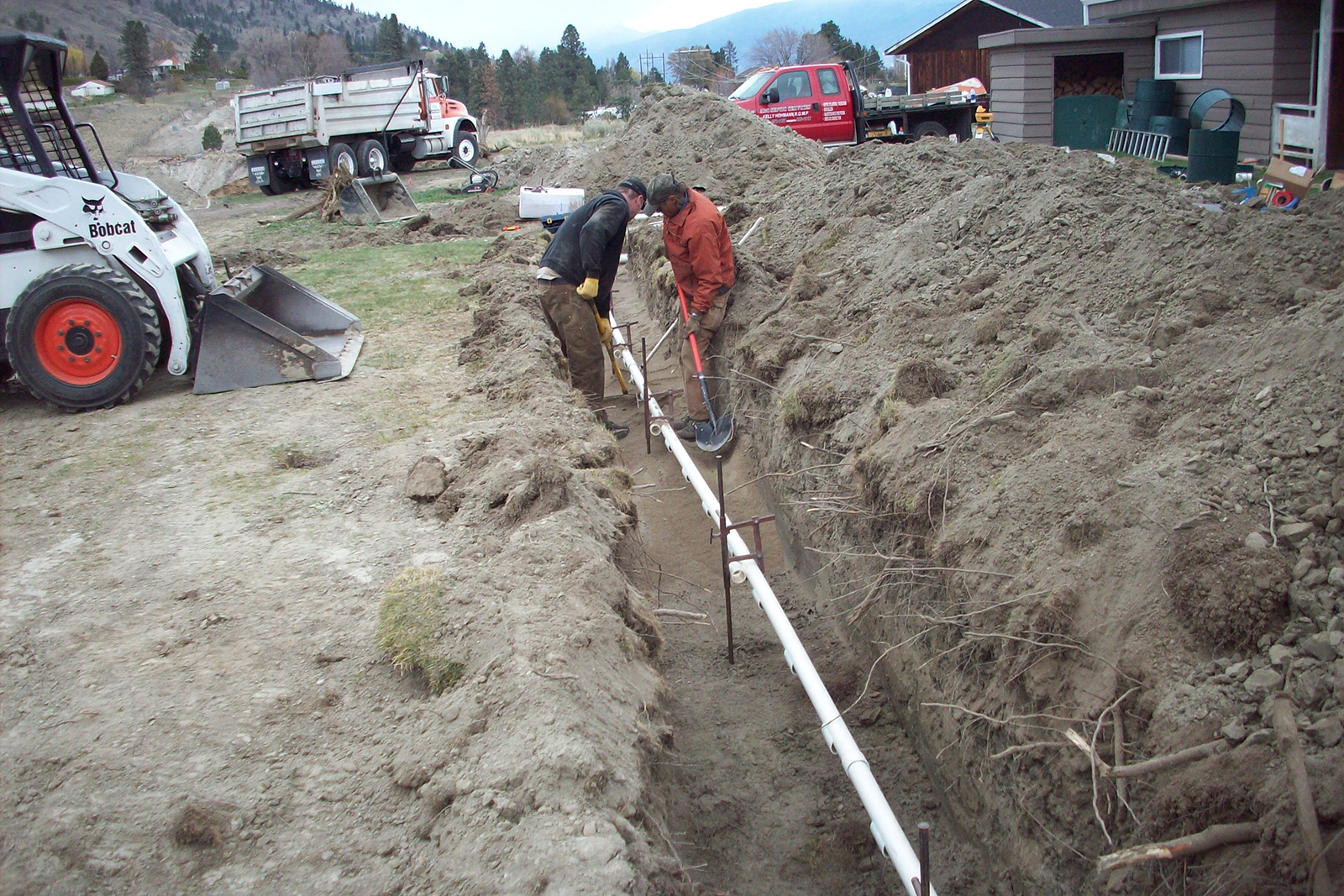Most likely, you have a method to manage your waste if you don’t live in a building that has a municipal sewer line. Although septic systems are efficient and green way to manage wastewater, they will require regular maintenance and may eventually need to be replaced. In this article, we will offer a complete guide to controlling the cost of septic system the installation as well as replacement.

The Price of a Septic System Installation
A septic system installation could be an expensive investment however it is vital to ensure that the property’s wastewater is being handled safely and effectively. The cost of installing a septic system could vary depending on many variables.
Size of property: To accommodate higher wastewater flows larger properties require larger septic systems. Therefore, larger properties will typically require more extensive and costly septic systems.
There are many bedrooms. The size of your septic tank will depend on the number of bedrooms you have in your house or business. New Hampshire requires that at the very least a 1,000 gallon tank be set up for three bedrooms. An additional 250-gallon tank should be installed for each additional bedroom.
Site conditions: How the topography of your property and the soil nature and permeability can affect the cost of installation. Particularly challenging terrains or soil conditions could require additional excavation or specialized equipment and will add to the overall cost.
Permitting or zoning requirements The requirements for permitting and/or zoning are subject to change depending on the state and location. Additional charges may be imposed for permits and inspections.
The cost of an New Hampshire septic system installation is between $5,000 and $10,000 based on the factors mentioned above. But it is crucial to note that this is only an estimate and the final price may differ according to the specific circumstances of each individual.
The cost of replacing the septic system
Septic systems are able to last from 20 to 40 years, based on their maintenance and usage. It is usually more economical to replace a septic system entirely instead of attempting to repair it. The signs that your septic system might require replacement are slow drains and standing water in your yard, and drainage issues.
The cost of replacing a tank for septic will depend on various variables, such as the size of your house in terms of how many bedrooms you have, and what conditions you are in. However, a septic system replacement is usually more expensive than a brand new system because of the necessity to dispose of the existing system correctly.
On average, the price for a replacement septic system in New Hampshire ranges from $10,000 to $25,000, depending on the above variables. This is an average estimate. The individual’s circumstances will affect the final price.
Tips to manage the cost of your septic system
Regular maintenance: Regularly maintaining your system for septic, which includes the pumping process and inspection, will prolong its life and help to avoid costly repair or replacement costs.
It is important to select the right contractor. A reliable and experienced contractor will ensure that your septic system complies with codes. This will allow you to avoid costly repairs and penalties for non-compliance.
Avoid flushing non-biodegradable products The flushing of non-biodegradable products, such as sanitary products diapers, wipes or wipes can block the septic tank and cause costly backups.
Save water. This will lower the burden for your septic tank, and prolong the life of your tank.
Choose the best system for your property The septic system that is suitable for your home will reduce the cost of the installation process and maintenance.
A proper septic tank maintenance program is essential to keep your system safe and functional. Maintaining your septic tank is an economical option that will help you avoid costly repairs and decrease the chance of contamination from groundwater. It can also help avoid odors and backups. Regular pumping is a great way to improve the system’s efficiency and to prevent costly damage caused by cracks or clogs. Regular inspections help detect potential issues earlier. This will help ensure that your septic system is secure and meets the environmental standards. All in all, having a documented maintenance program for your septic tank can save time and money over the long term as in addition to providing security that your commercial or residential property will have a functional in the long run.
For more information, click cost to install septic tank and leach field
